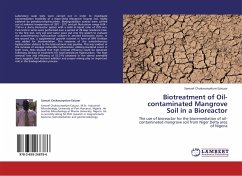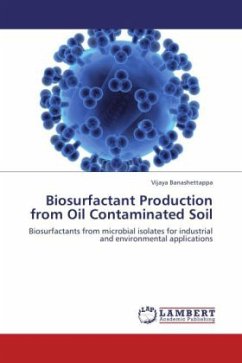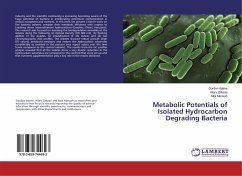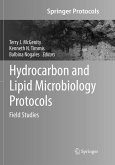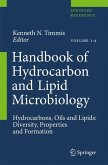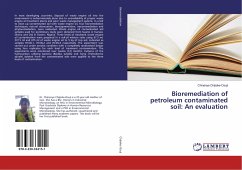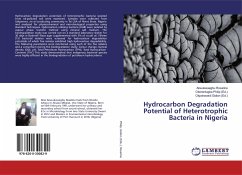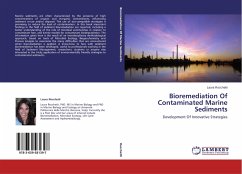Laboratory scale tests were carried out in order to investigate bioremediation feasibility of a Niger-Delta Mangrove Swamp Soil, highly polluted by petroleum-hydrocarbon. Biodegradation studies were carried out at ambient temperature of 28°C - 32°C and pH fluctuation range 6.04 - 7.50 in a slurry bioreactor system with a solid to liquid ratio of 25% w/v. Two tests in series were performed over a period of 28 days residence time. In the first test, only soil and water were put into the system to evaluate the autochthonous hydrocarbon utilizers in aerated bioreactor alone. In the second test, a supplemental growth nutrient in form of NPK fertilizer was added for biostimulation. The response of the autochthonous hydrocarbon utilizers to the biotreatment was positive. This was evident in the increase of average culturable hydrocarbon utilizing bacterial count in both tests. Tests showed that high removal efficiency could be obtained following 28 days of treatment for total petroleum hydrocarbon. The high removal rate and efficiency of 55.31% obtained in the stirred amended slurry suggests that nutrient addition and proper mixing play an important role in the biodegradation process.
Bitte wählen Sie Ihr Anliegen aus.
Rechnungen
Retourenschein anfordern
Bestellstatus
Storno

